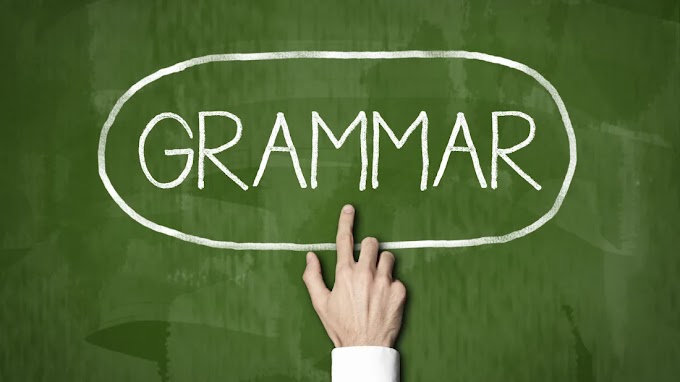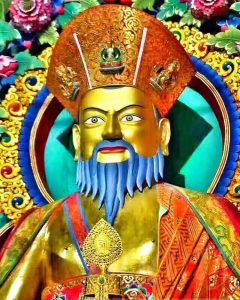Unit
Three Chapter 1
Gross
National Happiness (GNH)
Introduction
Gross
national Happiness is a philosophy that embraces every aspect of development
policies in Bhutan. It is based on the idea that for people to be happy and for
a nation to attain development in its true sense there should be a balance
between spiritual and material development.
The concept of Gross National Happiness was
floated in the late 1960s by the third king believing that that the ultimate
fruit of economic development should be to make all the Bhutanese- happy and
prosperous.
This idea was again expressed by him in 1971
in his address during the admission of Bhutan to the UNO.
The vision of making all the Bhutanese happy
was further articulated and elaborated by the fourth king, hence than the
philosophy of GNH echoed in many of his speeches
Gross national happiness as a Goal of Development in Bhutan
The concept of Gross National Happiness as a
development philosophy in Bhutan can be understood form the extract taken form
the keynote speech delivered by Lyonpo Jigme Y. Thinley at the UNDP Regional
Millennium Meeting for Asia and the Pacific in Seoul from October 30 to
November 1, 1998.
|
Read Text book for the extract and read it
in detail
|
Four Pillars of GNH
i)
Sustainable and Equitable Economic Development
ü
Sustainable
means everlasting.
ü
Equitable
means accessible to all the citizens.
ü
The
benefits of any economic development should be accessible to all the citizens
to improve the wellbeing of the Bhutanese.
ü
Especially
the basic facilities like education, health and agriculture.
ü
These
three sectors can enhance the quality of life of the people.
ü
Therefore,
our government gave importance to these three sectors.
ü
For
example, in 2004, health coverage was above 90%.
ü
The
life expectancy had gone up to 60 years.
ü
The
school enrollment increased.
ü
Free
education and free health for everybody.
ii)
Conservation of Environment
ü
The
conservation of environment could prevent natural disasters.
ü
Its
conservation is a source of tourist attraction and thus, revenue earner.
ü
Conservation
would ensure the continued flow of rivers and thus, development of hydro-power.
ü
The NEC
refuses the project and ensures that there is no large environment damage.
ü
NEC
awards the clean Dzongkhag to encourage conservation of environment.
iii)
Preservation and promotion of Culture
ü
Our
culture is the greatest strength of our country.
ü
It is
our unique identity.
ü
Our
country, a small in size and population.
So it is important to be different from others.
ü
Therefore,
it is necessary to preserve and promote our culture.
ü
For
example, promotion of language, art, architecture, sports, textile, etc.
ü
Also
other examples are renovation of dzongs, temples and monasteries, etc.
iv)
Good Governance
ü
Without
good governance, other three pillars would become useless.
ü For good governance, the government has
introduced decentralization, transparency and accountability, enhanced foreign
relation, drafting of Constitution and the devolution of power of the King in
June 1998 as an apparatus to strengthen this pillar.









0 Comments